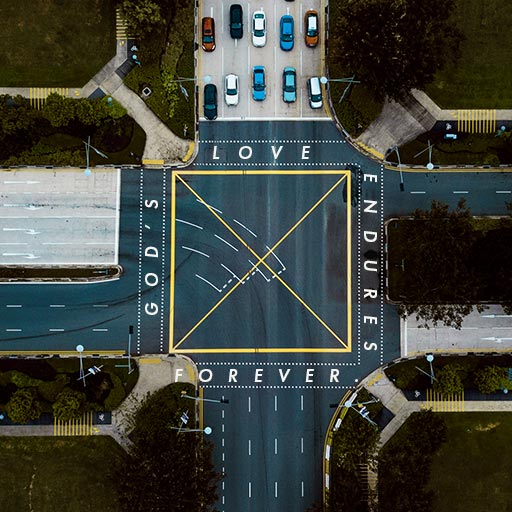Walk circumspectly, not as fools but as wise. —Ephesians 5:15 (NKJV).
It took me a while to get used to staying home, but now that I have adapted, I don’t want things to change again.
At the start of the Circuit Breaker, I struggled with being stuck at home the whole day, every day. The problem wasn’t my home or the people I shared it with. I have my own space and I enjoy the constant companionship of my housemate, whom I am blessed to also call my husband.
Rather, the struggle was with sudden nothingness.
During those two months, lunch dates, workshops, meetings, and family dinners all went out of the window. I could no longer sit in McDonald’s or at a nearby cafe to work. Weekends, which were usually a flurry of social activities and ministry duties, became completely still.
The dispiriting sight of shuttered shop fronts, turning once-bustling malls into echo chambers of hopelessness, eliminated all desire of going out. It was also at this time that the absence of a church-based community, long concealed under a church-going routine, became glaringly obvious and painful.
I recognise that my struggle came from a position of privilege. In the face of a global pandemic, I was “lucky” to be struggling with nothingness instead of bread-and-butter issues. Around us, we saw people being retrenched, children from poorer households struggling with home-based learning, Malaysian workers stuck in Singapore, healthcare workers being burdened, and a worrying rise in domestic abuse. I had so much to be grateful for—a safe home, a loving spouse, a job, good health, and an abundance of food.
So, as real as my struggle felt to me, I couldn’t give voice to it (not until now).
Slowly, as the weeks passed, I adapted to the change.
These days, I enjoy not having to rush anywhere in the morning. I have a meal with my husband, work on my laptop, read the Bible, and do some household chores. As evening falls, we have another meal, scroll through social media, and perhaps have an online chat with my parents or a friend. Weekends pass in the same fashion, except that “work” is replaced with movies, books, journalling, and an assortment of craft hobbies.
I frequently find myself wondering: Why did I ever pack so much in a day?
This slow-living lifestyle has been wonderful. In fact, I’ve adapted so well that I no longer need to tell myself to be grateful or to count my blessings. I am enjoying this new life so much that I don’t want any of it to change. I’m even tempted to say that I don’t want normal church services to resume.
Don’t get me wrong, I know that congregational worship is important. But now that I realise that my personal “church life” has sometimes become an endless cycle of activities, I don’t want to return to mindless hustle and bustle. I’m yearning for something more than simply fulfilling a duty in church. I’m relearning what church is about.
In Ephesians 5:15, Paul encourages us to “walk circumspectly, not as fools but as wise” (NKJV).
During the Circuit Breaker and in the weeks after, I have been forced to change the way I live. Slowing down then gave me the time and energy to examine the way I live. And I’ve started to see that there is a different way to live—maybe even a better way to live! And so, is it okay if I want things to remain as they are?
As I write this reflection, restrictions are slowly being lifted. Which means I can start to make appointments and meet people again. But I’m determined to keep to this slow-living lifestyle while I figure out which parts to keep and which parts to change—and why.
One of the precious lessons the Circuit Breaker has taught me is to live with uncertainty. So, even as change looms ahead and things will not remain as they are, I want to be able to stay still and pray as the psalmist did in Psalm 25:5:
Guide me in your truth and teach me,
for you are God my Saviour,
and my hope is in you all day long.


